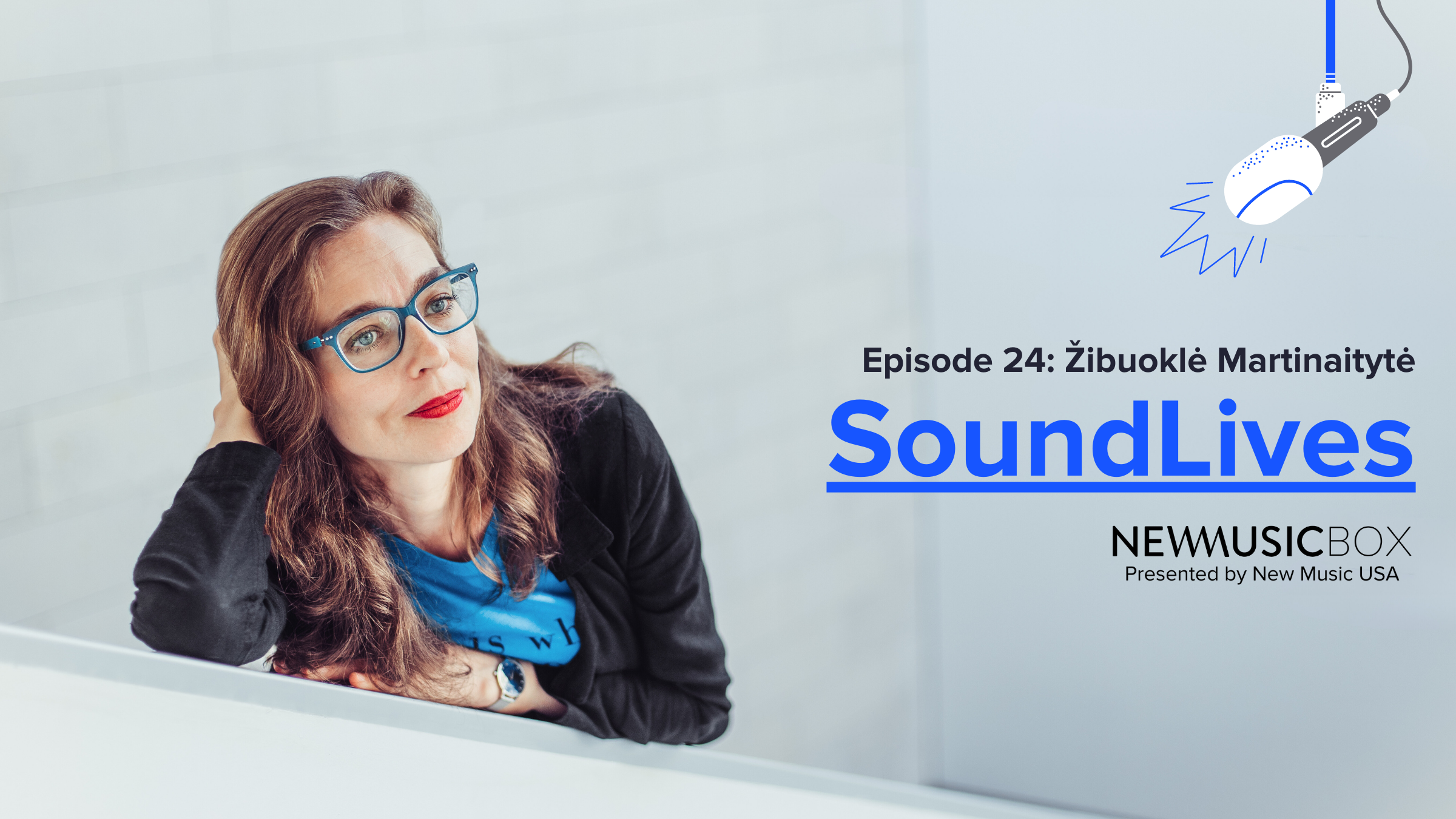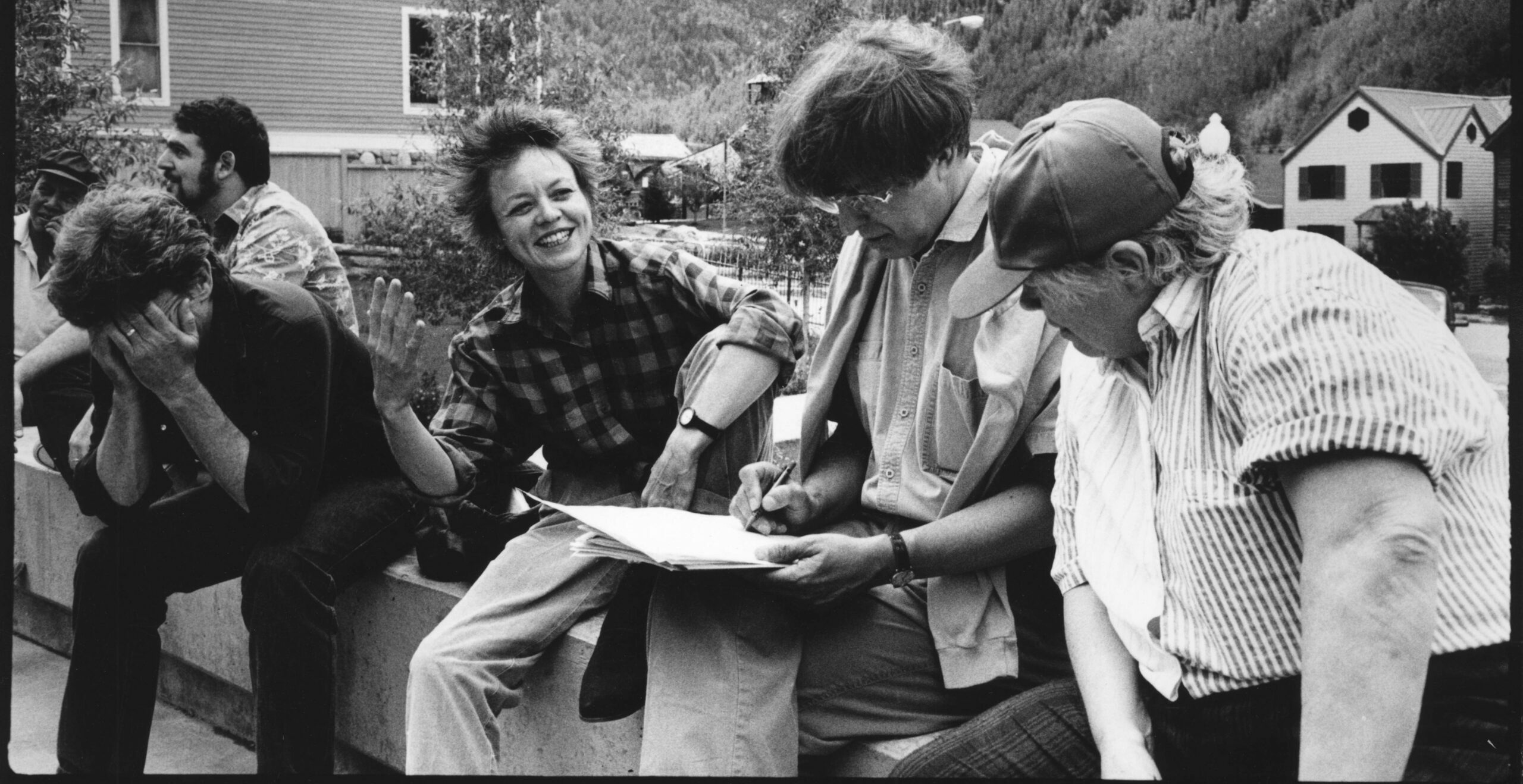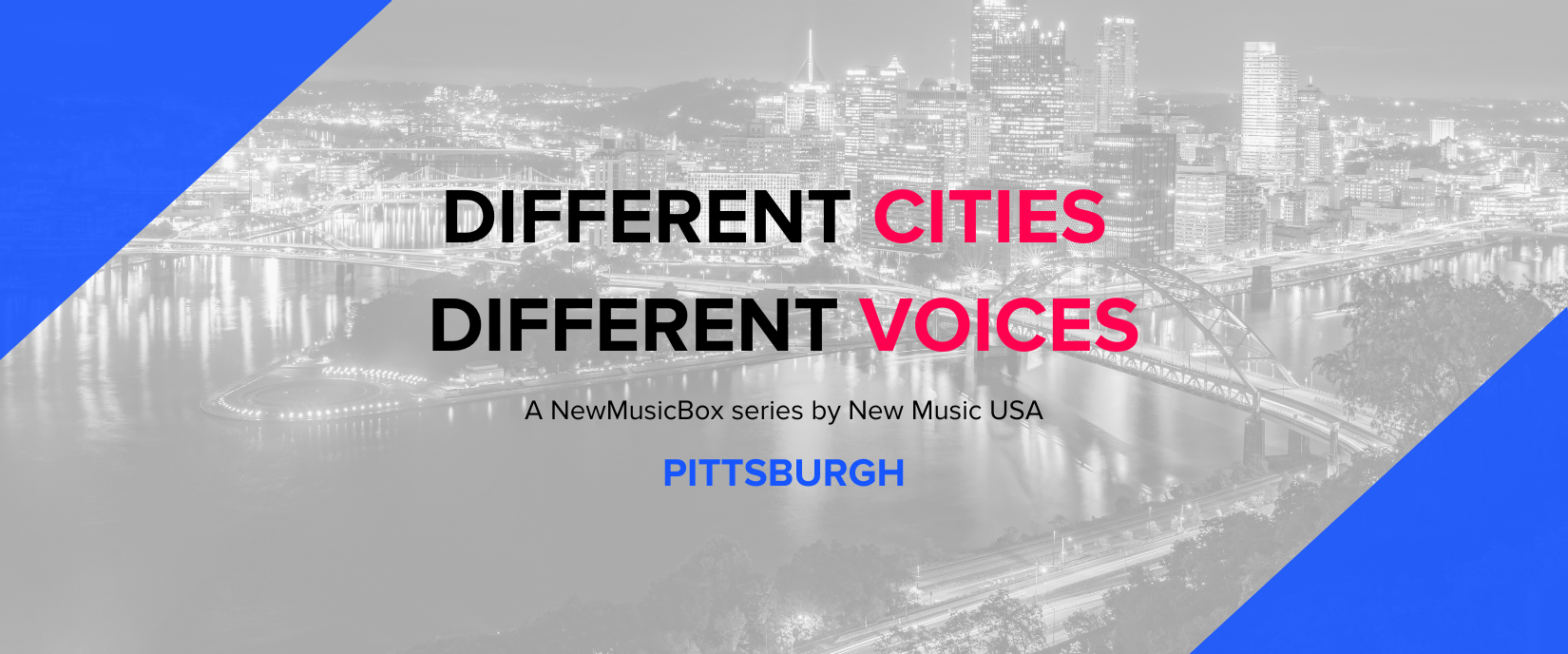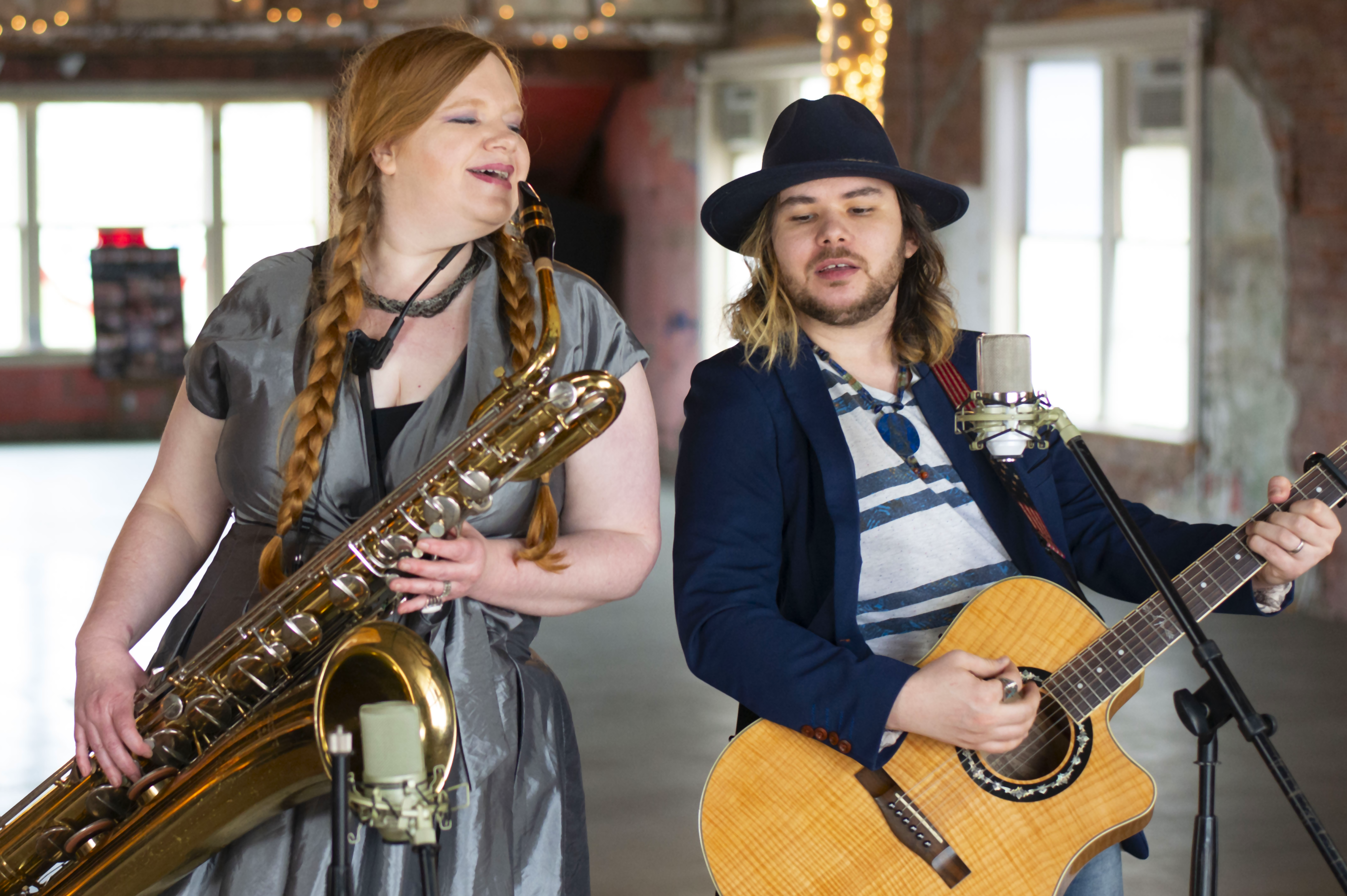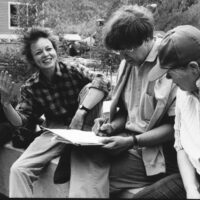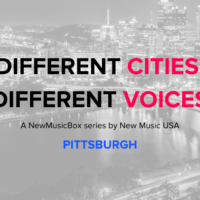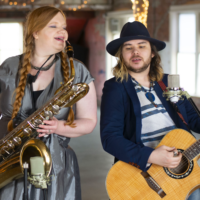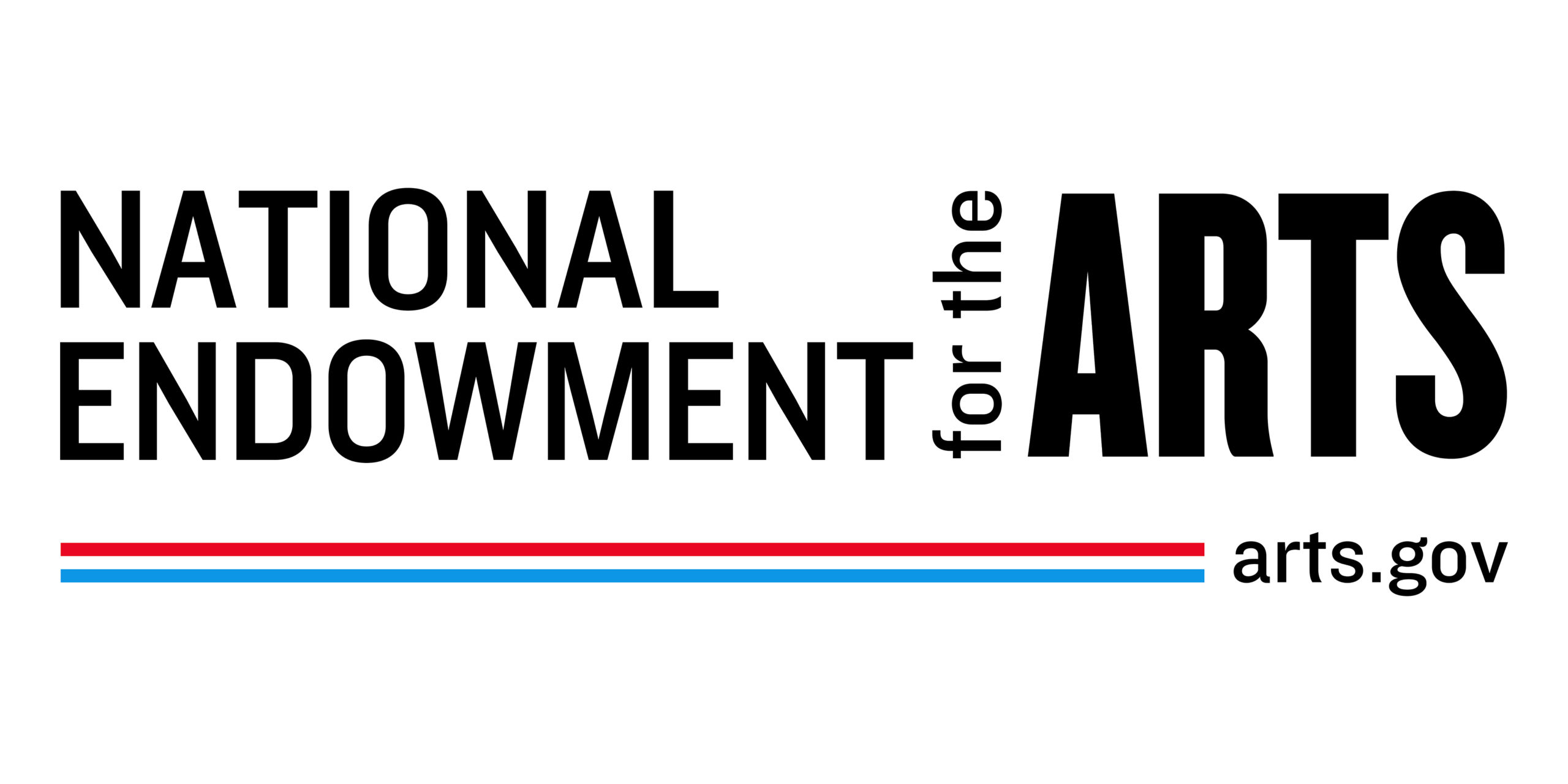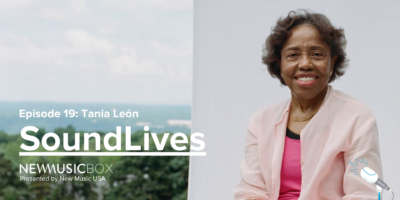
The new music community has been impacted, inspired and transformed by Tania León as a musical creator–as well as an interpreter, educator, and organizer–for decades.

Max Alper, more commonly known by his handle “la meme young” is without a doubt singularly unique even if just with regards to his maverick pedagogic tendencies. But he’s not a sonic arts anomaly. He belongs to a whole confederation of deep listeners and practitioners who inhabit a virtual landscape of infinite (and infinitesimal) proportions. That is to say, no sound is too simple or small. No composition, too unintelligible or unorthodox.

Trying to learn more about Yurii Kerpatenko, the conductor of the Kherson Philharmonic Orchestra who was murdered for refusing to participate in a twisted propaganda concert meant to demonstrate that peaceful life had returned to the city the Russians were occupying, I interviewed a number of artists who lived through months of occupation before finally fleeing. Though none of them were targeted for being artists, their stories weave a chilling narrative of survival and resistance in a region the Russians came to “liberate” from bogeymen of their own creation.
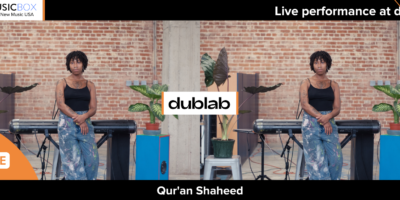
A live performance by Qur’an Shaheed, a pianist, poet, singer and songwriter based in Boyle Heights, Los Angeles, CA. Shaheed has been playing piano since the age of four, trained extensively in classical and contemporary music. Since 2012 she has been developing her practice as a songwriter alongside her solo piano and ensemble work.

For our latest edition of Different Cities Different Voices, a series from NewMusicBox that explores music communities across the United States through the voices of local creators and innovators, we are putting the spotlight on Omaha, Nebraska. The series is meant to spark conversation and appreciation for those working to support new music in the… Read more »

Samora and Elena Pinderhughes in conversation around the blurred boundaries between composer, musician, instrumentalist, producer and songwriter. The musical multi-hyphenates dive deep into anecdotes, personal narratives and a bit of philosophy around their processes, their truths and the ways they’ve evolved as creators. They converse with a depth only collaborators who are also siblings can reach.

I’m very passionate about encouraging my students and friends to find new repertoire for their instrument. If you have never commissioned a piece before, this article should be a good place for you to start. If you are already commissioning new pieces as a part of your musical practice, perhaps you will learn something new that you can incorporate next time.
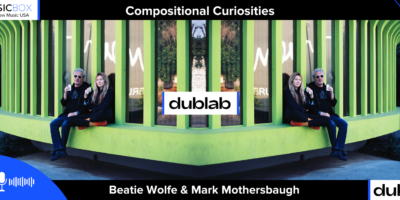
Listen to Devo’s Mark Mothersbaugh and visionary artist Beatie Wolfe talk about the art of composition and other creative curiosities their worlds collide with, including their viral campaign Postcards for Democracy.

For this edition of dublab x New Music USA, join Elyn Kazarian and film composer Emily Rice as they discuss the process behind composing, collaborating with directors, finding your own voice, and ways to build a strong financial foundation. The first hour of the program will include a 30 minute mix of songs from various film scores composed by women.

The implications of the surge in interest in West African traditional griot music in the United States, Europe, and throughout Africa in the past decade offer much in this analysis of how these cultures intersect and relate to the study and experience of music.
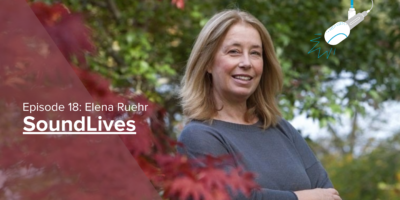
Elena Ruehr’s prolific output is a by-product of her maintaining a consistent composing schedule (five hours every day from Noon to 5:00pm) as well as her never-ending inspiration from the visual arts and her constant reading (four books a week), plus her desire to communicate with listeners.
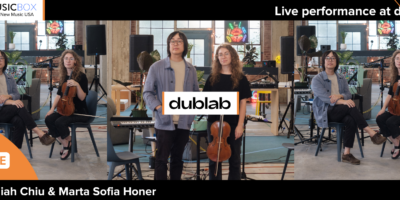
This live performance by Jeremiah Chiu and Marta Sofia Honer took place at the dublab studios featuring some of the music they composed together as part of their recent album, Recordings from the Åland Islands, out now on International Anthem.
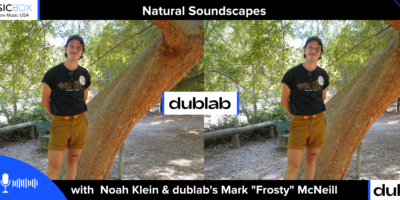
dublab co-founder Mark “Frosty” McNeill visits Griffith Park to chat with Noah Klein, co-founder of the Floating collective which hosts a weekly series of roving soundscapes and soundbaths activated in unique and natural spaces. During the course of their conversation, Klein discusses his personal musical practice, history of community organizing through the lens of music, deep love of nature, and dedication to creative placemaking.

This mix illustrates the ways west coast & primarily Los Angeles based composers from the past and present experiment with timbre, tone, electronics & genre to create a distinct sound that can only be found through the geographical & natural landscape of the west coast.
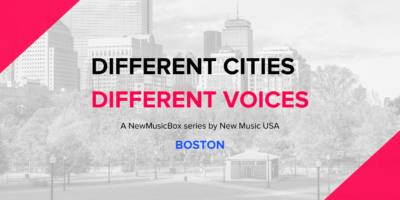
Boston has the most classical music per capita of any U.S. city (using “classical” in the broadest sense of the word). On the contemporary front alone, we are home to over 40 ensembles with a mission that specifically includes new music! Plus we have independent record labels such as Disposable America, art and culture publications like Boston Hassle and Allston Pudding, and a thriving house show scene that encompasses mostly the Allston/Brighton neighborhoods but extends into Jamaica Plain and Dorchester.

As we launch dublab’s collaboration with New Music USA, we welcome the opportunity to feature the work of many musicians we believe represent the current landscape of contemporary music composition as well as to bring up questions that are uniquely relevant to our current times.

New Music USA launches NewMusicBox Guest Editor series with forward-thinking artists and organizations across the US First partnership kicks off today with Los Angeles-based radio station dublab, which will present original content that explores the current landscape of music composition New Music USA‘s web magazine NewMusicBox today launches its new ongoing Guest Editor… Read more »

It’s been two weeks since I returned from Aotearoa New Zealand where I was attending the overlapping International Society for Contemporary Music (ISCM) World New Music Days and Asian Composers League festivals in Tāmaki Makaurau Auckland and Ōtautahi Christchurch, but I still haven’t been able to completely wrap my brain around everything I experienced during the 12 days I was there.
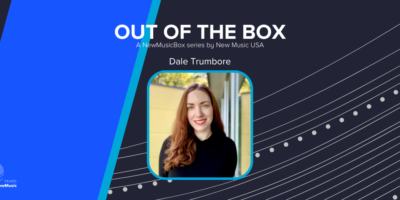
I’m not a political analyst or a climatologist; I don’t hold a doctorate, just a master’s degree in Music Composition. Far be it from me, then, to forecast what the next ten years will hold. But as I consider the best and worst possible outcomes for our trajectory and the role music might play, anxiety clouds my vision.
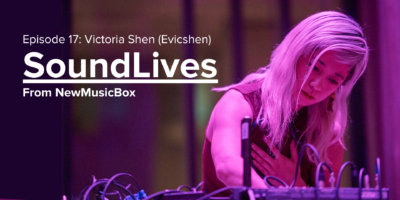
Victoria Shen’s needle nails technique, which was appropriated earlier this summer in a Beyoncé video, is just one of many new approaches to making sounds that Shen (who performs under the moniker Evicshen) uses in her provocative performances and installations.
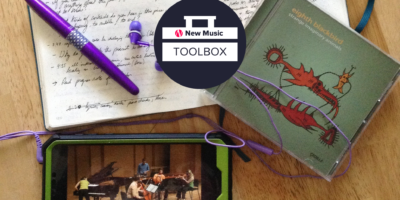
This article is a collection of actionable tips primarily from my own experience as a composer-educator and founder of the You(th) Can Compose! Summer Workshop. These strategies can be adapted to group or private lesson settings and don’t require that educators have extensive background in composition. Though these approaches are geared towards middle and high school students, many of these tips can be adapted to create lessons for students of different age groups.
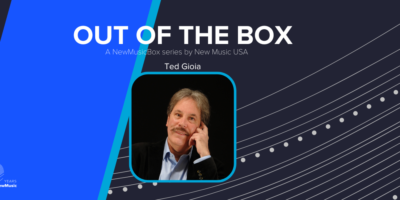
The ideas below came to me in a dream. Some of them seem a little unusual—I should probably apologize for that. I had a couple glasses of a very fine Barolo from the Monforte region of northern Italy before falling asleep, so maybe that played a factor.
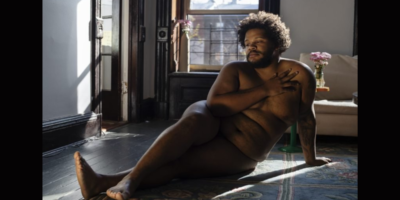
Composer/Bassoonist Joy Guidry shares how they protect their own mental health while exploring personally traumatic content in their art.
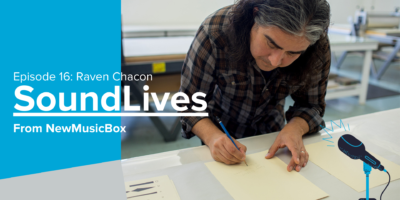
While the idiosyncratic graphic scores of 2022 Pulitzer Prize winning composer Raven Chacon are stunningly original in their conception and have been recognized as works of visual art in their own right (several are in this year’s Whitney Biennial), they have a larger social purpose.
